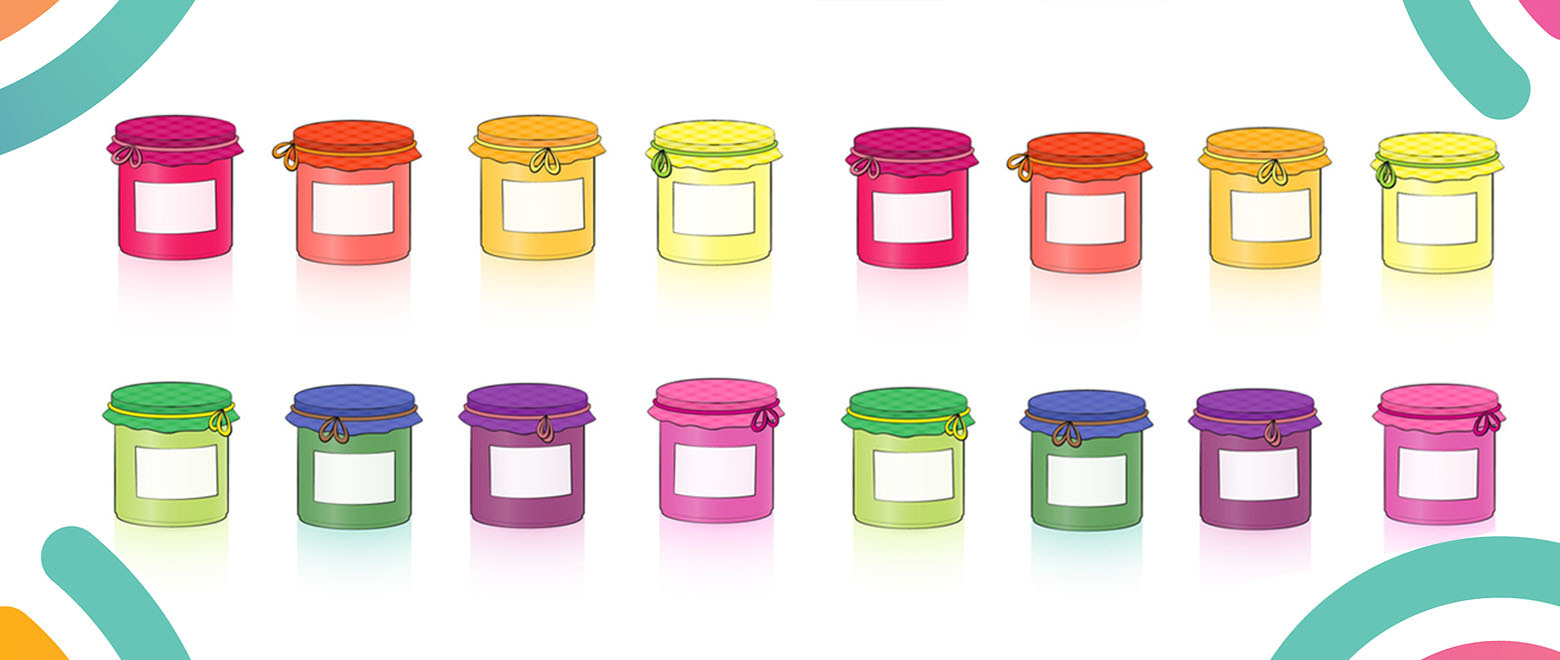Blog
Labels are for jars

Two members of our diversity and inclusion networks, Josephine Karema (Management Accountant) and Sarah Maguire (CEO), speak about the power of language at work and in social care.
Everyone across Choice Support can join our LGBTQ+ and Diverse Voices networks to look at ways to continue supporting LGBTQ+ colleagues and those colleagues from Black, Asian and minority ethnic backgrounds. Sharing stories, listening to experiences, and learning about different traditions within our cultures has been enlightening, interesting and complex. The topic of language comes up often when we meet, reminding us of the importance of the words we use and how they can affect others.
Josephine Karema, Management Accountant, and member of our Diverse Voices network says:
“Language covers such a wide range of communication: our words, our tone of voice, our body language. A lot can be said about all three, but I thought microaggressions would be a good topic to discuss. Webster’s Dictionary defines a microaggression as, ‘a comment or action that subtly and often unconsciously or unintentionally expresses a prejudiced attitude toward a member of a marginalised group (such as a racial minority).’ While this definition uses race as an example, it could also cover disability, gender, sexuality and sexual orientation, intersectionality, ageism, and people experiencing mental illness.”
“Microaggressions, as unconscious as they are, can happen all the time. Mostly, they are not ill-intentioned, and we are often unaware of the statements we make or how they affect others. It could happen in casual conversations or in meetings with colleagues. Examples of racial microaggressions that I have personally come across are: “You are really pretty for a dark-skinned girl,” “You don’t act like a normal black person,” and “I don’t see colour, I see people.”
“On the surface, these statements may seem innocent, but the question needs to be asked – would they be made to people who are not from an ethnic minority? Is there an element of discrimination attached to them?”
“We can all take action against microaggressions. It is important that individuals who experience microaggressions call them out and create learning opportunities for others. This gives people the opportunity to self-reflect, and ask themselves why they made these comments. Simply taking the time to be brave enough, when in doubt to just ask someone: “What is the correct way to pronounce your name?” I know that with self-awareness and the assumption of positive intent, we can collectively create an even more inclusive culture for everyone.”
Chief Executive and member of our inclusion networks, Sarah Maguire, says:
“Being part of a human-centred organisation, we understand how much words matter. The language we use can reinforce negative stereotypes, and although not always our intention, our words can cause offence.”
“In recent years, we have seen a move towards ‘people first’ language. This is exactly as it sounds – the person comes first. So, instead of saying a learning-disabled person, we say a person with a learning disability. Rather than saying someone is wheelchair-bound, we can say a person who uses a wheelchair, or labelling a person as mentally ill, say a person who is experiencing mental illness.”
“The language we use should not define the person as being their disability. We should also avoid words like ‘suffering with,’ eg she suffers with diabetes. These phrases can reinforce negative assumptions. Humans like to label things, but human beings are not things. There is a saying, ‘labels are for jars, not for people.’ A label is a piece of paper we put on things to tell us what is inside. That is not how it works with people. So, let us focus on putting people first and use language which humanises people.”


